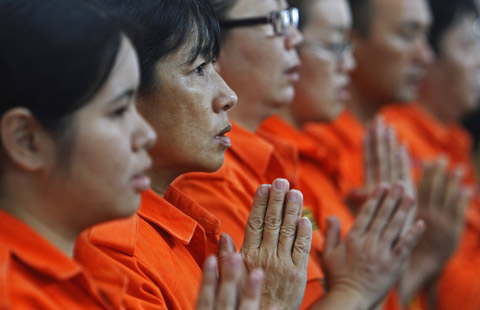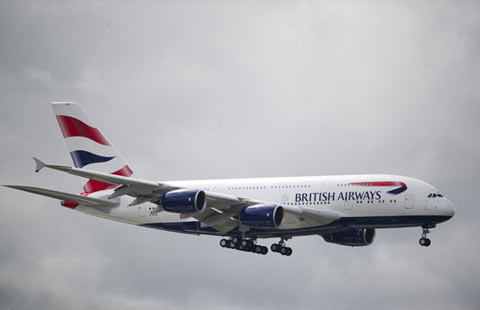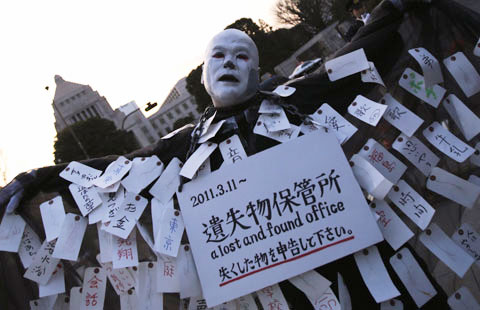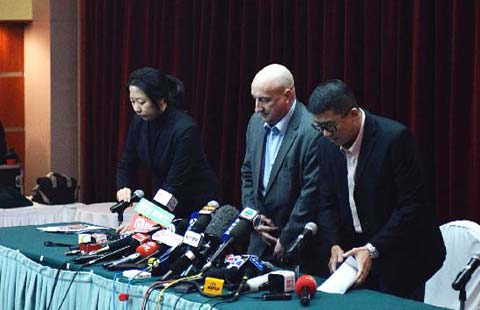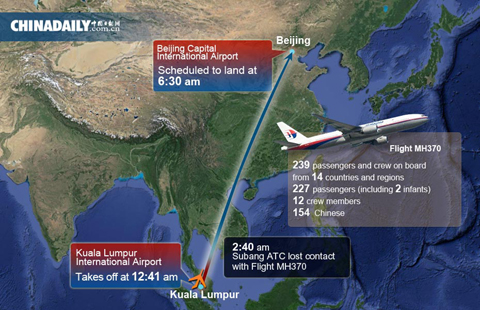Baucus can make a difference
Updated: 2014-03-10 08:17
By Fu Mengzi (China Daily USA)
|
||||||||
The new US ambassador to China can help push forward the geopolitical relationship between the two major powers
Since the establishment of diplomatic ties in 1979, all US ambassadors to China have had a special political resume. Max Baucus, the new US Ambassador to China, is no exception. At a time when the media in the United States has been taunting President Barack Obama about his offering ambassadorships to his campaign donors, Baucus was confirmed with the whole Congress in favor of his appointment, a demonstration of the level trust the chairman of the Senate Finance Committee has gained as a senior political leader.
Before diplomatic relations were established, China and the US set up liaison offices in each other's country with high-ranking chiefs. David Bruce, the first chief of the US Liaison Office, had been US ambassador to France. And his successor George Bush later became US president. Bush proudly recalled that he had chosen China rather than the United Kingdom or France because it was "more challenging" and that as China developed the future of US-China relations would have a significant bearing on the whole world. From Leonard Woodcock, the first US ambassador to China, to Arthur Hummel, Stapleton Roy, Jon Huntsman and Baucus' predecessor Gary Locke, these envoys have been witnesses and experiencers of the China-US relationship in its different stages, and their years in China have left deep marks on their political careers.
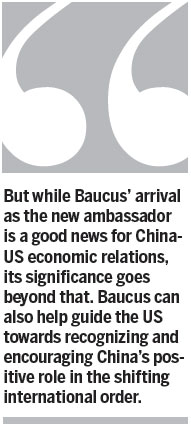
Ambassadors serve as a bridge of communication between their home country and host country. US ambassadors to China have had varying degrees of influence on Washington's decision-making. David Bruce served with the Office of Strategic Services during World War II and observed the Normandy landing. It was his report that convinced President Dwight D. Eisenhower to end Allan Dulles's leadership of the CIA, which had an important impact on the US' contact with China. His successor Woodcock firmly opposed US trade restrictions against China, supported the granting of permanent most-favored nation status and opened substantive economic contacts between China and the US, thereby winning China's trust. Gary Locke weathered the recent storms in relations and deserves credit for facilitating US exports to China and keeping China as the US' fastest growing export market during the darkest days of the global financial crisis. He also deserves the title of most outstanding promoter of tourism and cultural exchanges between China and the US, as during his term, the visa processing time was reduced from 70 to 100 days to just three to five days for Chinese tourists wanting to visit the US.
However, an ambassador's role in the making of Washington's China policy depends on their personal influence and connections within the US political circle and their knowledge of China. In this regard, Baucus is in a better position than many previous ambassadors to China. In his 40-year career, he has forged extensive connections. As chairman of the Senate Finance Committee, he presided over the adoption and promulgation of free trade agreements with 11 countries. Over the past three years he has visited Germany, Spain, Belgium, Russia, Japan, New Zealand, Brazil, Colombia and China. He was being somewhat modest when said that he was "no real expert on China", as he is quite familiar with the country. He visited China as a college student 50 years ago. And since his first formal visit to China in 1993, he has visited the country eight times. He has worked to strengthen US-China relations through economic diplomacy, such as encouraging China to join the world trade regime and supporting permanent normal trade relations with China and China's WTO membership. In his Jan 28, testimony to the US Congress, he said that he believed that "a strong geopolitical relationship can be born out of a strong economic relationship". And he said that US-China relationship is one of the most important bilateral relationships in the world and must be properly handled.
An extensive economic relationship between the two countries will have tangible benefits for both their peoples. In 2013, two-way trade in goods and services exceeded $500 billion. China and the US are re-opening the negotiations on a bilateral investment treaty and there are many items on the priority list or deserving serious consideration, such as China's status as a market economy, FTA negotiations and US approaches towards China on the question of the Trans-Pacific Partnership.
But while Baucus' arrival as the new ambassador is a good news for China-US economic relations, its significance goes beyond that. Baucus can also help also guide the US towards recognizing and encouraging China's positive role in the shifting international order. With rich political experience in handling security affairs, Baucus can also start working to promote comprehensive and constructive cooperation with China on security issues.
The author is vice president of China Institutes of Contemporary International Relations.www.chinausfocus.com
(China Daily USA 03/10/2014 page11)
Most Viewed
Editor's Picks

|

|

|

|

|

|
Today's Top News
Missing jet may have disintegrated - source
Affirmative action and US courts
Tougher penalty for underage prostitutes
ROM opens gates of China's Forbidden City
Heavy metal magic
Managing cultural assets starts with a head count
Ford to expand China R&D: report
Chinatowns' seafood markets source of infection
US Weekly

|

|
